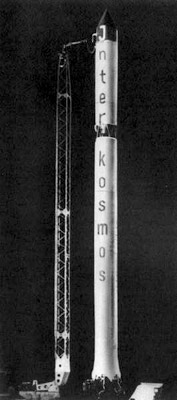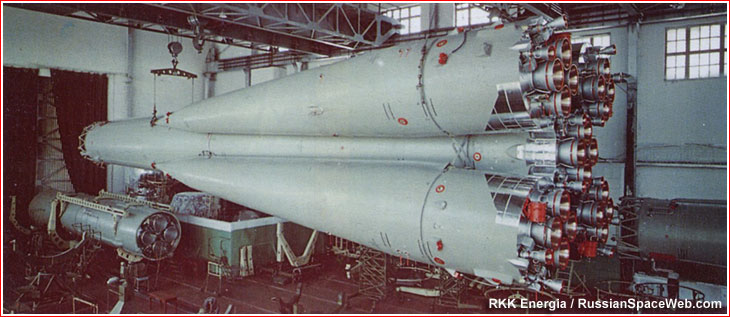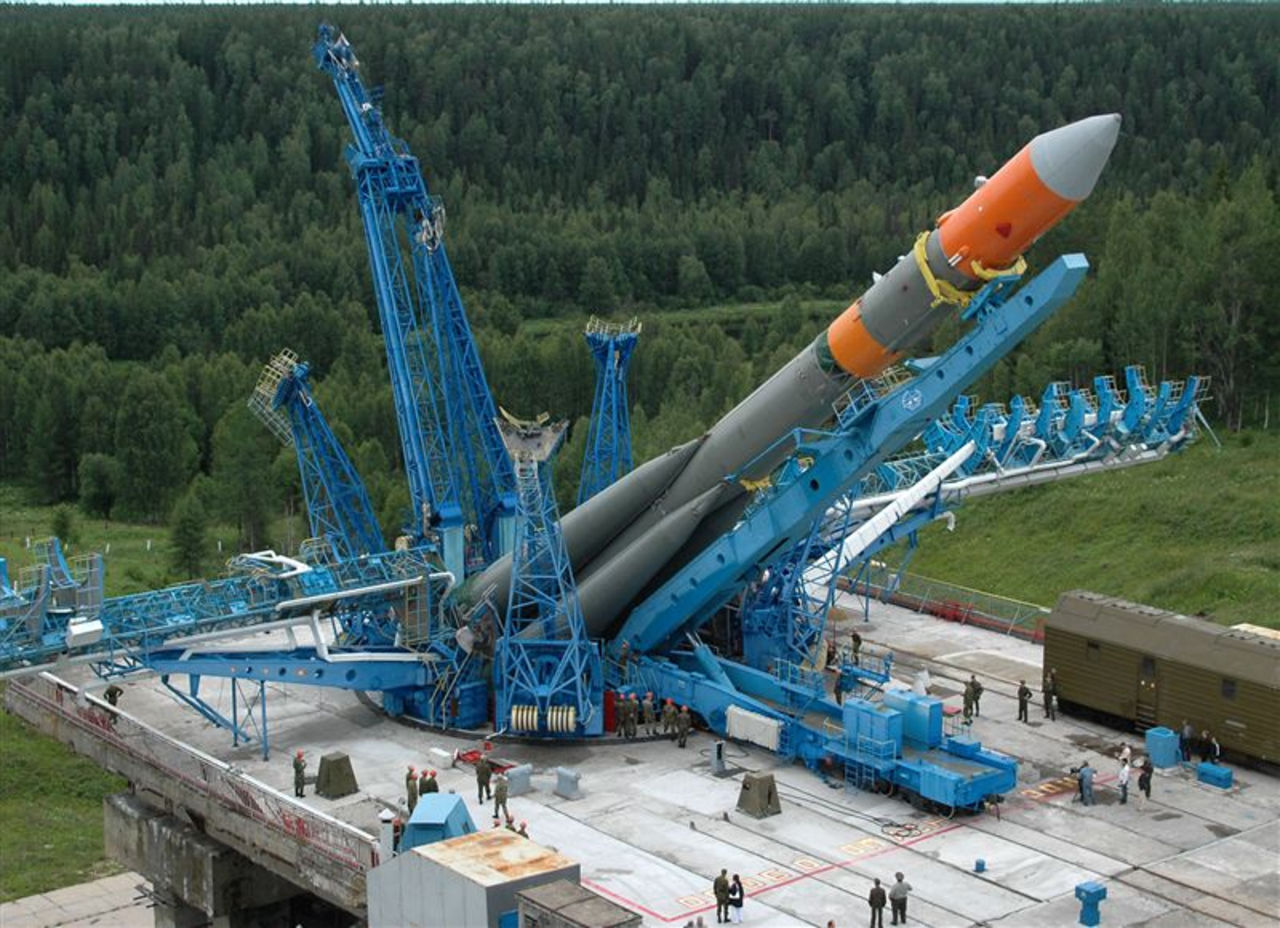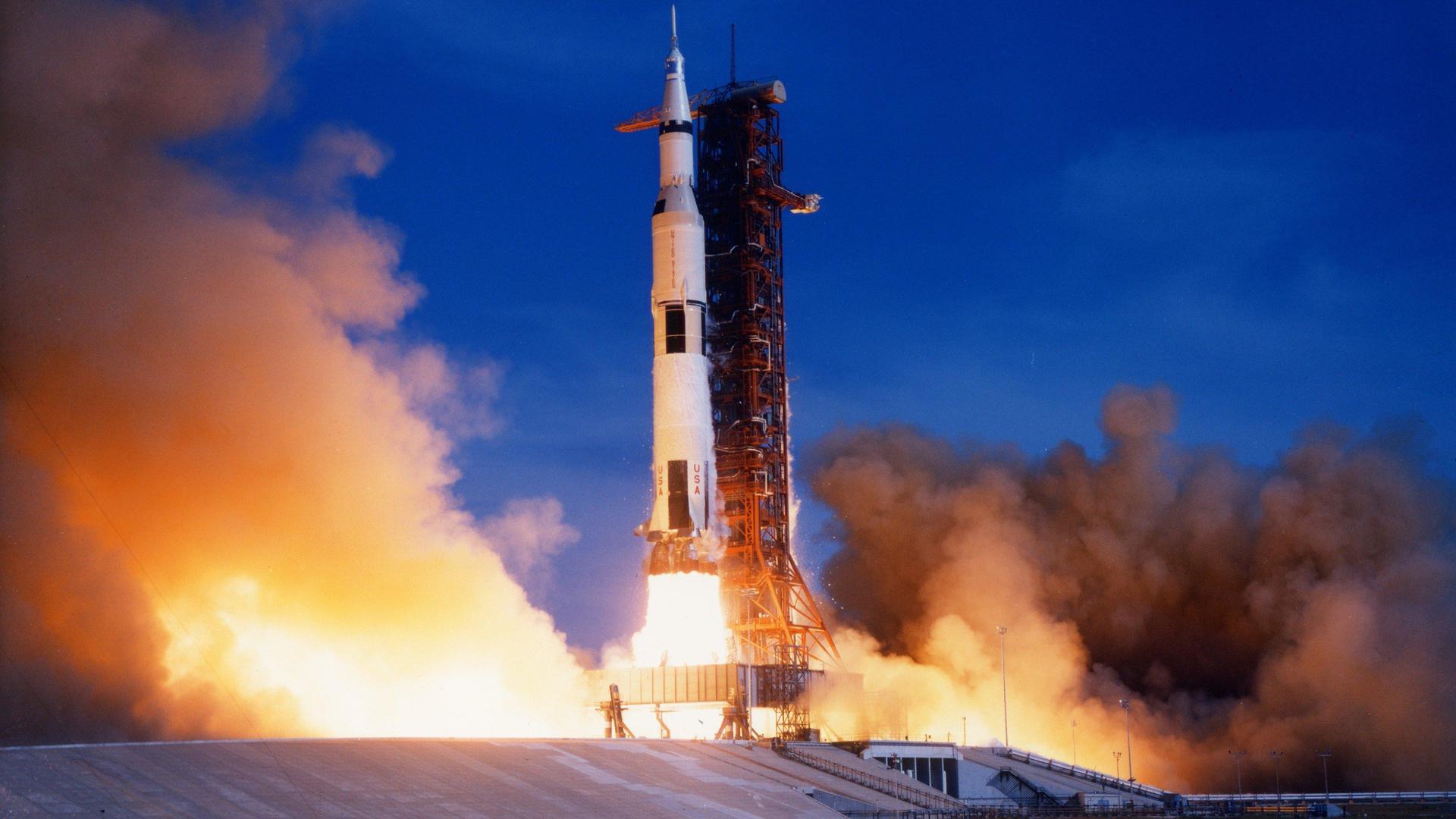Previous Spaceflight Launches
Filter by Agency, Locations or Vehicles
Show All LaunchesKosmos 11K63 | DS-U1-A
Strategic Rocket Forces | RussiaKapustin Yar, Russian Federation
April 18, 1968, 10:29 p.m.
Status: Launch Successful
Mission:
DS-U1-A was a Soviet satellite which was launched in 1968 as part of the Dnepropetrovsk Sputnik programme. It was a 385 kg spacecraft, which was built by the Yuzhnoye Design Bureau. It was equipped with eight telescopes for optical observation, and one for ultraviolet astronomy. A X-ray experiment was also carried.
Low Earth OrbitVoskhod | Zenit-4 40
Soviet Space Program | RussiaPlesetsk Cosmodrome, Russian Federation
April 18, 1968, 10:30 a.m.
Titan IIIB | KH-8 13
Lockheed Martin | United States of AmericaVandenberg SFB, CA, USA
April 17, 1968, 5 p.m.
Soyuz | Kosmos 213
Russian Federal Space Agency (ROSCOSMOS) | RussiaBaikonur Cosmodrome, Republic of Kazakhstan
April 15, 1968, 9:34 a.m.
Soyuz | Kosmos 212
Russian Federal Space Agency (ROSCOSMOS) | RussiaBaikonur Cosmodrome, Republic of Kazakhstan
April 14, 1968, 10 a.m.
Kosmos 11K63 | DS-P1-Yu 12
Strategic Rocket Forces | RussiaPlesetsk Cosmodrome, Russian Federation
April 9, 1968, 11:26 a.m.
Molniya-M | Luna-14
Russian Space Forces | RussiaBaikonur Cosmodrome, Republic of Kazakhstan
April 7, 1968, 10:09 a.m.
Atlas F | OV1-13 & 14
Convair | United States of AmericaVandenberg SFB, CA, USA
April 6, 1968, 9:59 a.m.
Saturn V | Apollo 6
National Aeronautics and Space Administration | United States of AmericaKennedy Space Center, FL, USA
April 4, 1968, noon
Status: Launch was a Partial Failure
Mission:
Apollo 6 was intended to send a Command and Service Module (CSM) plus a Lunar Module Test Article (LTA), a simulated Lunar Module (LM) with mounted structural vibration sensors, into a translunar trajectory. However, the Moon would not be in position for a translunar flight, and the Service Module engine would be fired about five minutes later to slow the craft, dropping its apogee to 11,989 nautical miles (22,204 km) and causing the CSM to return to Earth, simulating a "direct-return" abort. On the return leg, the engine would fire once more to accelerate the craft to simulate the nominal lunar return trajectory with a re-entry angle of -6.5 degrees and velocity of 36,500 feet per second (11,100 m/s). The entire mission would last about 10 hours.
Elliptical OrbitVoskhod | Zenit-2 60
Soviet Space Program | RussiaPlesetsk Cosmodrome, Russian Federation
April 3, 1968, 11 a.m.







